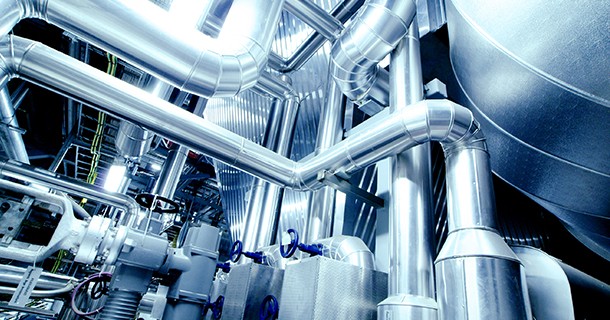Business Fleets
Fleet Types
Compressed Natural Gas (CNG) saves up to 50% over conventional fuels, and CNG vehicles are available for all types of applications. Fleet owners are switching to compressed natural gas now more than ever. Among the fleets in which NGVs are gaining momentum are:
Buses/Mass Transit – Fixed-Route, Para-Transit, School Buses and other transit agencies across the country are increasingly switching to NGVs.
Solid Waste Vehicles – Refuse and recycling collection, commercial container and roll-offs, and transfer vehicles are high volume, return-to-base vehicles that can take advantage of cost savings offered by NGVs.
Taxis, Vans and Shuttles – Airport and hotel shuttles, taxi services, and other door-to-door fleets can save money and pass those savings along to their customers when they switch to a CNG fleet.
National Trucking Fleets – Interstate/Intrastate Trucking, Short-Haul Delivery, Food & Beverage, Floral and other fleets are appropriate applications.
Service-Provider Fleets – Utilities and other major, service-based U.S.-based companies recently have invested heavily in natural gas fleet vehicles.
Incentives and Grants
When considering commercial NGVs, Nicor Gas can assist you in determining your eligibility for tax credits, grants, incentives or other funding opportunities to help offset the purchase price of new NGVs. Click the links below for more information.
Federal NGV Grant Programs and Tax Incentives
Illinois Laws and Incentives
Available Vehicles
In the light-duty category, there are a growing number of CNG vehicles offered by the auto manufacturers through their dealers and fleet sales network. A list of these is as follows:
- Honda Civic Natural Gas
- Dodge Ram 2500 HD pickup truck
- Chevy Silverado/GMC Sierra 2500 pickup truck
- Chevy Express/GMC Savana van - Chevy Impala
In addition, there is a long list of late model vehicles, for which there is an EPA-approved after-market conversion system available. This includes many Ford vehicles available with the optional “gaseous engine prep” package (specially hardened engine components) making them eligible for conversion to CNG by Ford Qualified Vehicle Modifiers (QVMs). To obtain information about aftermarket conversions and new or used vehicles that can be modified to operate on natural gas, visit NGV America.
This list also includes medium- and heavy-duty vehicles for which there is an after-market system available. It is organized by certified or approved light- and heavy-duty chassis vehicles, as well as by certified or approved heavy-duty engines, and by Original Equipment Manufacturer, model year and engine size. All entries have been certified by the U.S. Environmental Protection agency (EPA) or the California Air Resource board (CARB). Additional information is available on individual manufacturer websites.
In the heavy duty category, there are a number of new dedicated and dual-fuel natural engines which are being manufactured today. For example, Cummins-Westport, Inc., a joint venture between Cummins and Westport Innovations, offers the ISL-G and ISX12 G which are spark ignited natural gas versions of the Cummins 8.9 liter and 11.9 liter diesel engines. In addition, Cummins has announced they are developing a natural gas version of their Cummins ISX 15 liter engine.
For more information please visit Cummins.
These engines are available in all manner of heavy duty vehicles; transit buses, refuse trucks, vocational trucks, delivery trucks, Class 8 tractor-trailers, etc. Just about every manufacturer of heavy duty vehicles now offers CNG and/or LNG versions of their vehicles. For more information, click here to see the Clean Cities guide for medium and heavy duty alternative fuel vehicles.




